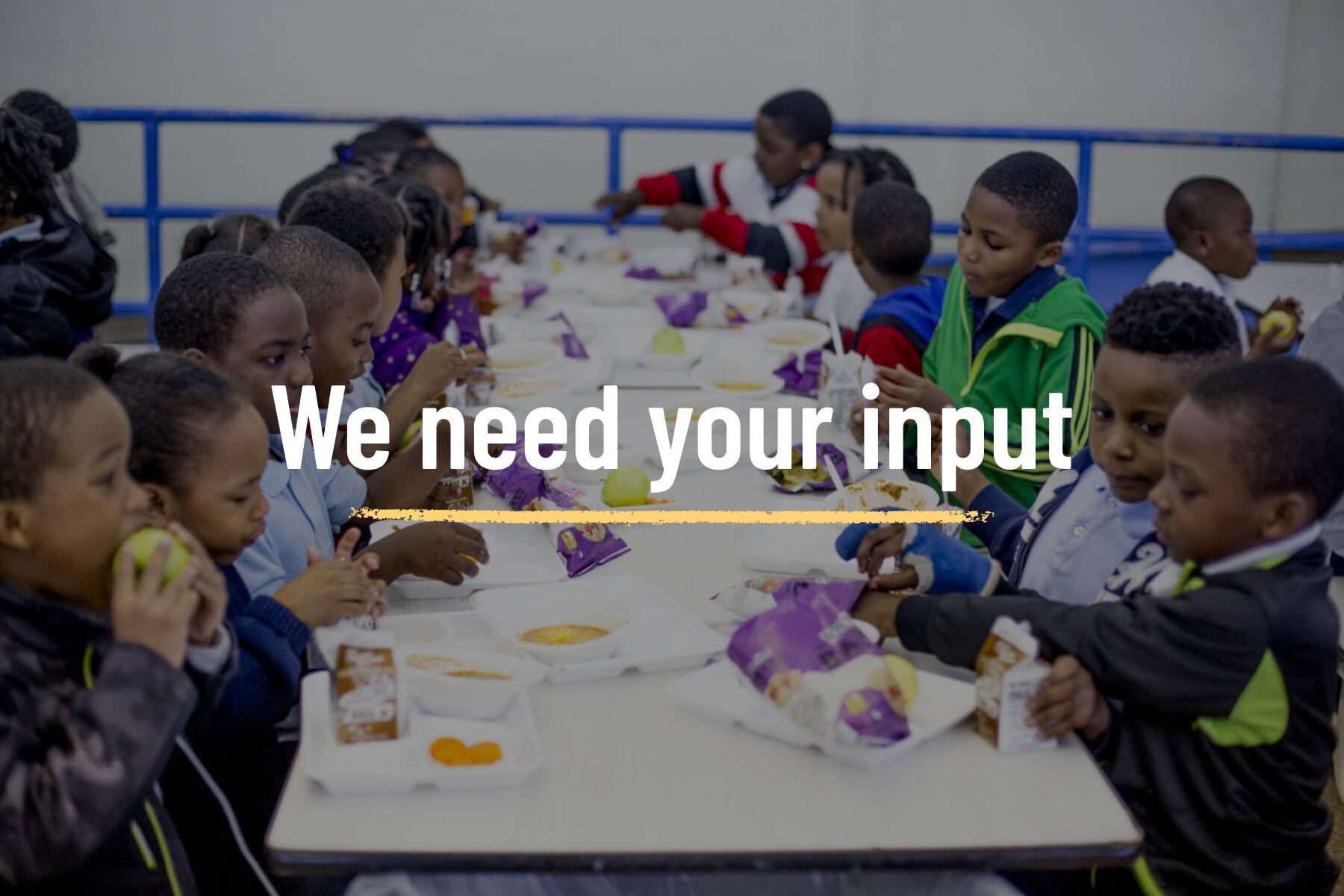When Michigan schools reopened this fall, the new semester was hailed as an opportunity for academic and social recovery after a COVID-scrambled school year.
So far, the results have been mixed.
Most students are back to learning in person, a welcome change after a challenging year in virtual school. But COVID remains a major obstacle to education.
Just ask the students in lengthy quarantines, parents concerned about shortages of special education aides and security guards, and families that had to scramble after their child’s school was closed due to a COVID outbreak.
As we continue to cover this challenging, hopeful year, we’re asking parents to guide us.
Please tell us about your concerns and priorities by filling out the survey below. If you have trouble viewing the survey, go here.






